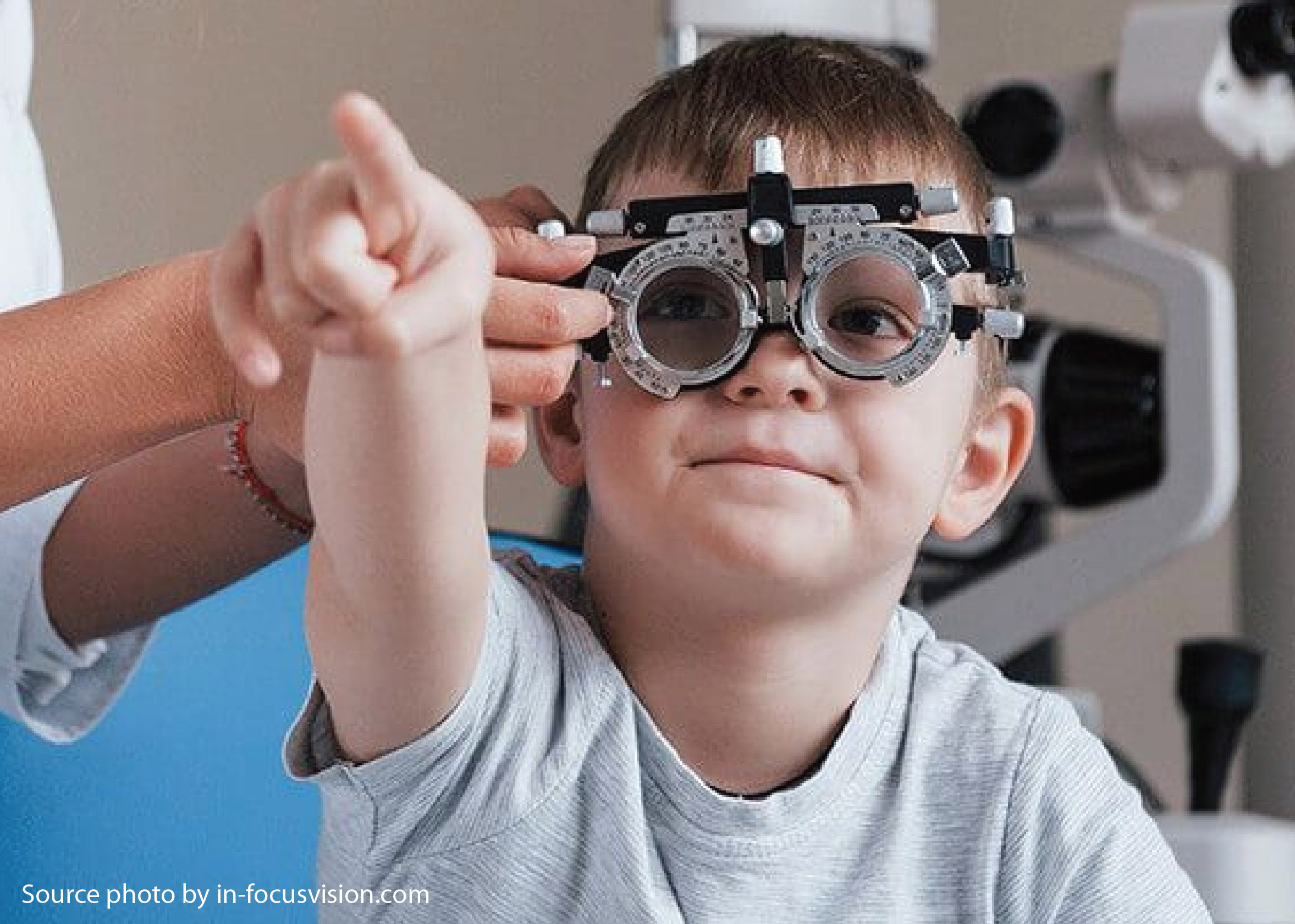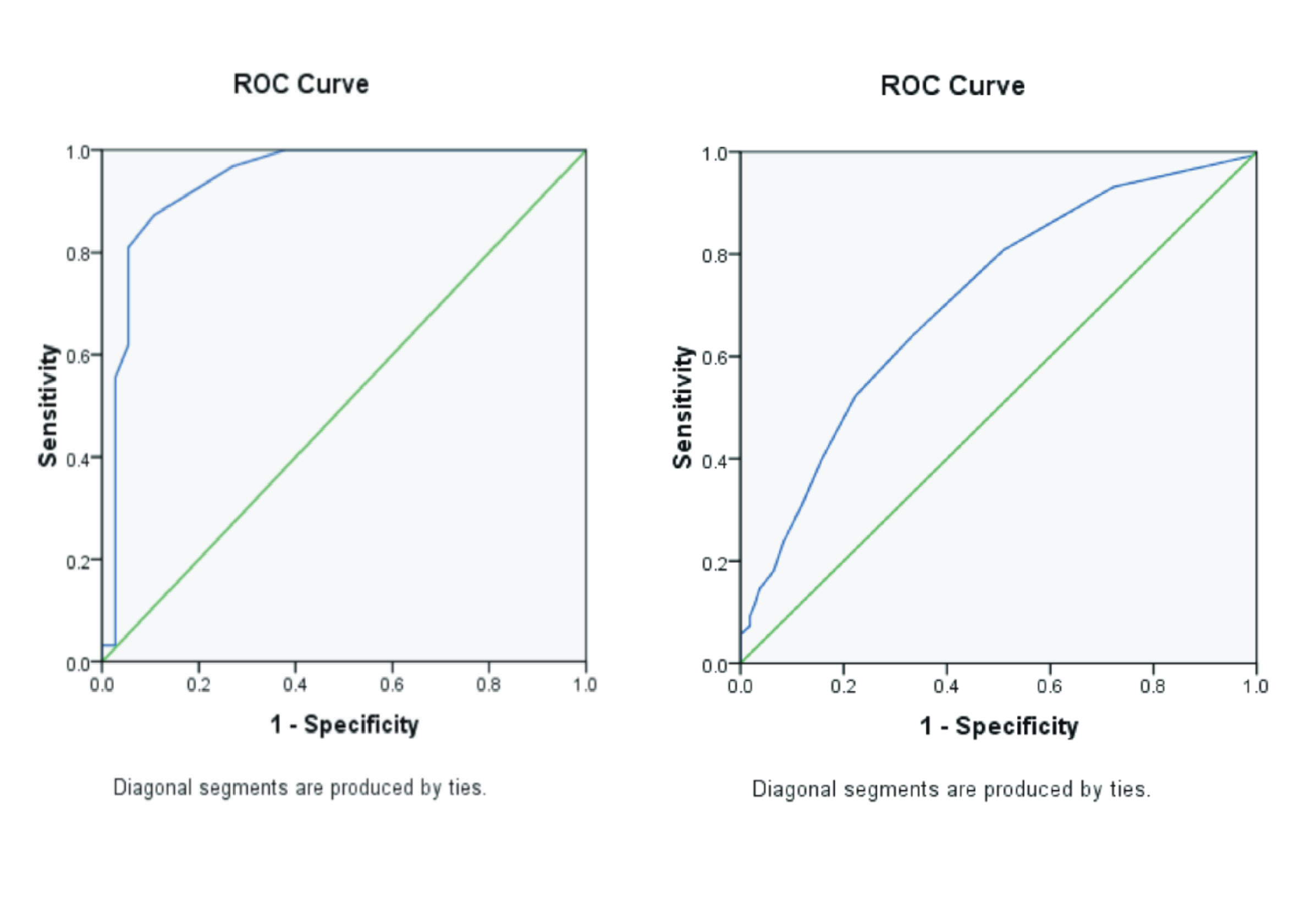CHENGQI, TONGZILIAO AND YINTANG POINT ACUPUNCTURE IN IMPROVING THE CASE OF MYOPIA VISUS

Downloads
Background: Myopia, commonly referred to as shortsightedness, is one of the top five causes of blindness worldwide. It is said that in patients with myopia, intraocular pressure has a relationship that tends to increase at the severity of myopia. Purpose: To analyze the effect of acupuncture in improving myopia visus. Method: The method used in this research was pre-experimental design with the pretest-posttest design. Experimental research is an experimental activity, which aims to find out a symptom or influence that arises, as a result of certain treatments. Result: Acupuncture could improve myopia vision. Conclusion: Acupuncture could repair myopia vision and provided some opportunities for sustainable scientific development through subsequent research on myopia.
Dabov, S., Goutoranov, G., Ivanova, R., Petkova, N. 1985. Clinical Aplication of Acupuncture in Ophthalmology. Acupuncture Electro-therapeutics Research Vol. 10(1). Pp. 79-93.
Notoatmodjo, S. 2002. Metodologi Penelitian Kesehatan. Jakarta: Rineka Cipta.
Sativa, O. 2003. Tekanan Intraokular Pada Penderita Myopia Ringan Dan Sedang. Bagian Ilmu Penyakit Mata Universitas Sumatra Utara. Diakses dari e-medicine. Oktober 2008
Sujudi. 2008. Efek Akupunktur Dalam Meningkatkan Ketahanan Tubuh (Endurance) Pada Olahraga. Meridian Vol. 15(3): 110-115.
Zuo, Y. 2002. Ophthalmology Of Traditional Chinese Medicine. Shanghai: Publishing House of Shanghai University Of Traditional Chinese Medicine.
Copyright (c) 2019 Journal Of Vocational Health Studies

This work is licensed under a Creative Commons Attribution-NonCommercial-ShareAlike 4.0 International License.
- The authors agree to transfer the transfer copyright of the article to the Journal of Vocational Health Studies (JVHS) effective if and when the paper is accepted for publication.
- Legal formal aspect of journal publication accessibility refers to Creative Commons Attribution-NonCommercial-ShareAlike (CC BY-NC-SA), implies that publication can be used for non-commercial purposes in its original form.
- Every publications (printed/electronic) are open access for educational purposes, research, and library. Other that the aims mentioned above, editorial board is not responsible for copyright violation.
Journal of Vocational Health Studies is licensed under a Creative Commons Attribution-NonCommercial-ShareAlike 4.0 International License














































